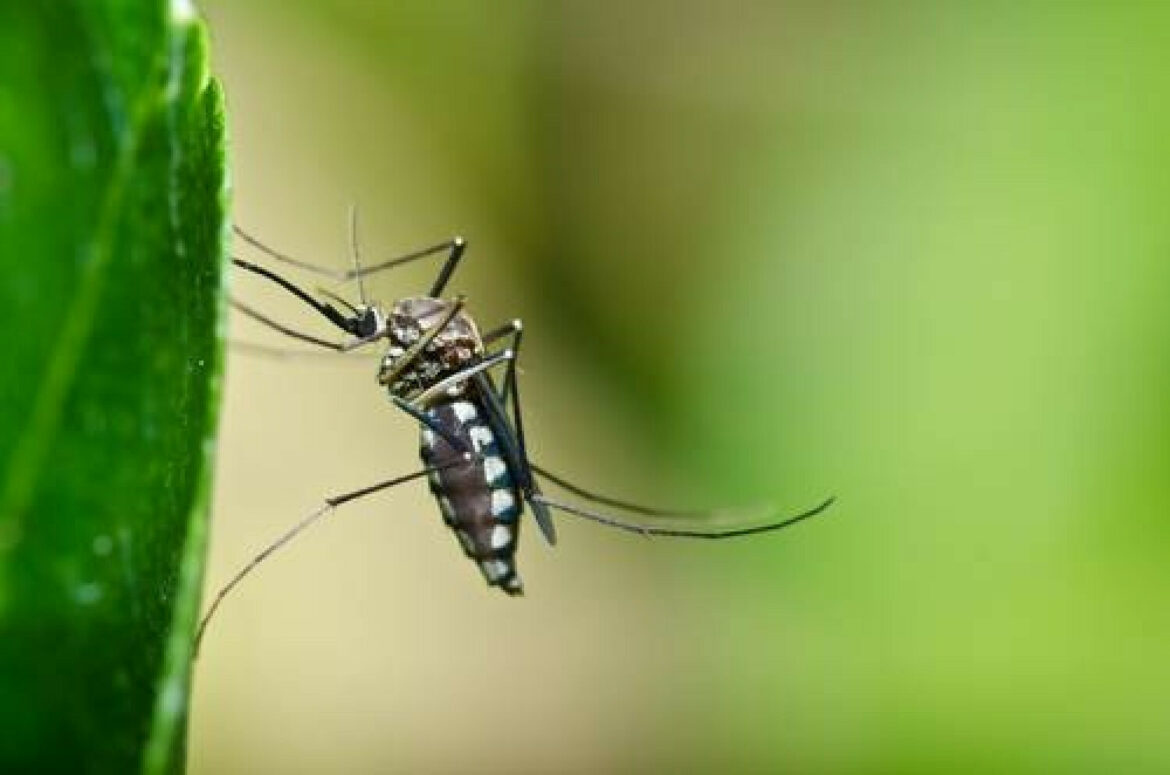The Institute of Environmental Protection reports that climate change is favouring the development of mosquito- and tick-borne diseases and their range is increasing. According to the experts, if the climate continues to warm, Dengue fever or West Nile fever could appear in Poland in a few decades.
Research by the World Health Organisation (WHO) has shown that around 600,000 people worldwide die annually from vector-borne diseases (including Lyme disease, malaria, babesiosis and West Nile fever).
“This is more than the population of Poznan, the fifth largest city in Poland. When we add to this the dangers caused by the intensification of extreme phenomena, which are beginning to spread over hitherto unprecedented areas, the impact can increase significantly”, said Krzysztof Skotak, an expert from the Institute of Environmental Protection-State Research Institute.
Citing research carried out by the National Institute of Public Health, the experts pointed out that in Poland, ticks and mosquitoes are the main vectors. In addition, the study showed that the range of vectors is expanding increasingly into northern European countries.
The institute predicts that if climate change continues at this rate, Poles could be infected with currently tropical diseases such as Dengue fever, West Nile fever and Chikungunya fever in Poland within a few decades.
“Climate change is having a major impact on improving conditions for development and expanding the range of vectors that can transmit pathogenic viruses and bacteria. An increase in the average temperature, a lengthening of the growing season, mild winters and warm and humid summers are key factors in causing vectors to survive longer and their populations to increase steadily”, said Skotak.
Arkadiusz Słomczyński





